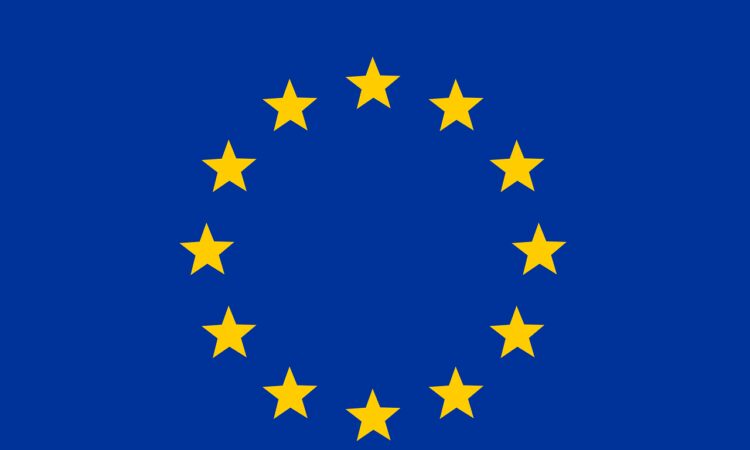
(MENAFN) In a strategic maneuver aimed at facilitating support for Ukraine amidst ongoing geopolitical tensions, the European Union (EU) is reportedly contemplating a nuanced approach to tapping into frozen Russian central bank reserves. According to Politico’s recent report, the European Union is considering permitting neutral member states to opt out of utilizing the revenue generated from these reserves to purchase weapons for Ukraine, instead allowing them to focus solely on providing non-military aid to the country.
The proposed plan emerges as the European Union grapples with unlocking financial resources to bolster Kiev’s defense capabilities, with the bloc exploring alternative avenues to deploy the interest earned from frozen Russian assets. Initially, Brussels had proposed diverting the interest earned towards acquiring weapons for Ukraine, diverging from the original intention of allocating the funds towards reconstruction efforts.
However, the proposal has encountered resistance from certain European Union member states, particularly those outside of NATO, including Austria, Ireland, Malta, and Cyprus. These countries have expressed reluctance towards participating in the procurement of arms for Ukraine, demanding an exemption from the initiative, as per Politico’s findings. Notably, Hungary and Slovakia have also emerged as vocal critics of the European Union’s plan.
In response to the dissenting voices within the bloc, the European Union is reportedly advancing a revised approach that offers flexibility to member states opposed to the weapon procurement scheme. According to sources cited by Politico, countries opposing the plan can opt to restrict themselves to providing humanitarian assistance to Ukraine, steering clear of military involvement.
The European Union’s latest endeavor entails creating distinct tracks for utilizing the revenue from frozen Russian funds: one dedicated to non-military aid and another focused on weapon procurement, providing neutral member states with the option to abstain from the latter. This calibrated approach underscores the European Union’s efforts to navigate divergent perspectives within the bloc while striving to address the pressing needs of Ukraine amid the ongoing crisis.
Against the backdrop of escalating tensions and economic sanctions imposed on Russia, the European Union remains committed to leveraging its collective resources to support Ukraine’s sovereignty and stability. With approximately USD300 billion in Russian sovereign funds frozen by the West since the onset of the Ukraine conflict, Brussels aims to harness these financial assets judiciously to bolster Ukraine’s resilience in the face of external threats.
MENAFN08052024000045015687ID1108187977
Legal Disclaimer:
MENAFN provides the information “as is” without warranty of any kind. We do not accept any responsibility or liability for the accuracy, content, images, videos, licenses, completeness, legality, or reliability of the information contained in this article. If you have any complaints or copyright issues related to this article, kindly contact the provider above.






